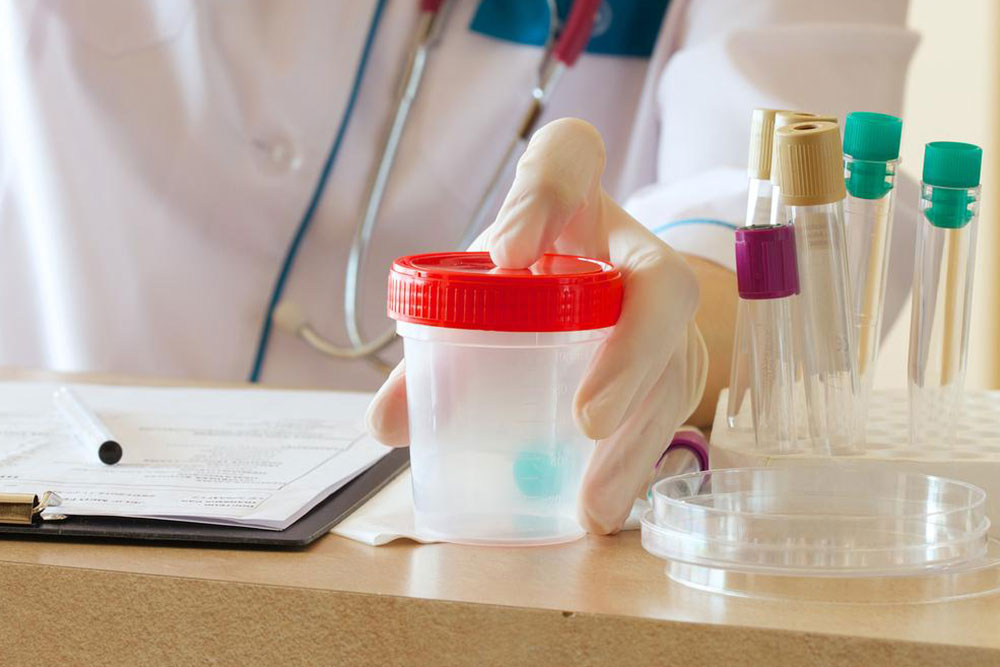A Comprehensive Guide to Kidney Failure: Causes, Symptoms, and Modern Treatment Options
Kidney failure is a critical health issue that affects millions worldwide. This comprehensive guide explores causes, symptoms, and current treatment options like dialysis and kidney transplants. Early detection and lifestyle changes are key to preventing progression. Learn how modern medicine and proactive management can safeguard kidney health and improve quality of life for those impacted.

Comprehensive Understanding of Kidney Failure: Causes, Symptoms, and Advanced Treatment Methods
The human kidneys are remarkable organs vital for maintaining overall health. They perform essential functions such as filtering waste products and excess fluids from the blood, balancing electrolytes, regulating blood pressure, and stimulating the production of red blood cells. Despite their robust roles, kidneys are susceptible to various diseases and conditions that can impair their ability to function properly. Kidney failure, also known as renal failure, is a serious medical condition that requires prompt diagnosis and treatment to prevent life-threatening complications.
Globally, approximately one in every seven adults faces issues related to kidney health, which highlights the importance of awareness and early intervention. When the kidneys fail, waste products and toxins accumulate in the body, leading to severe health problems. Fortunately, advances in medical technology and treatment options now enable effective management of kidney disease, prolonging survival and improving quality of life for affected individuals.
Understanding the Causes of Kidney Failure
Numerous factors contribute to the development of kidney failure. Identifying these causes is crucial for prevention and early treatment. The primary causes include:
Diabetes Mellitus: Chronic high blood sugar levels cause damage to the small blood vessels in the kidneys, impairing their filtering capability over time. Persistent hyperglycemia is the leading cause of kidney failure globally, emphasizing the importance of blood sugar management.
High Blood Pressure (Hypertension): Elevated blood pressure puts excessive strain on the delicate blood vessels within the kidneys. Over time, this can narrow or weaken these vessels, reducing kidney efficiency and leading to renal damage.
Polycystic Kidney Disease (PKD): An inherited genetic disorder characterized by the growth of numerous cysts in the kidneys. These cysts enlarge the organs and interfere with their normal functioning, often progressing to kidney failure if untreated.
Lupus and Other Autoimmune Disorders: Conditions like systemic lupus erythematosus cause the immune system to attack the body’s own tissues, including the kidneys. This autoimmune response damages kidney tissues, leading to inflammation and impaired function.
Glomerular Diseases: These involve damage to the glomeruli, the tiny filtering units within the kidneys, resulting in poor filtration and waste accumulation. Diseases such as glomerulonephritis are common examples.
Recognizing the Symptoms of Kidney Failure
Early detection of kidney issues can significantly improve treatment outcomes. Recognizing the symptoms associated with kidney failure is vital for seeking medical help promptly. Key signs include:
Reduction or Change in Urine Output: A decrease can indicate impaired filtration, whereas increased frequency may suggest infection or early dysfunction.
Swelling and Edema: Fluid retention manifests as swelling in the legs, ankles, feet, and sometimes the face, especially around the eyes.
Persistent Fatigue and Weakness: Toxin accumulation hampers energy levels and cognitive function, causing ongoing fatigue and difficulty concentrating.
Dry, Itchy Skin and Discoloration: Mineral imbalances and toxin buildup often lead to dry, itchy skin, and dull complexion.
Blood in Urine and Foamy Appearance: Damage to the kidney's filtering units can cause hematuria, and protein loss may make urine appear foamy.
High Blood Pressure and Shortness of Breath: As kidney function declines, blood pressure may rise, and fluid overload can cause breathing difficulties.
Modern Treatment Options for Kidney Failure
Managing kidney failure involves various treatment modalities tailored to the severity of the disease. The goal is to replace or support kidney function while addressing the underlying causes.
Dialysis: An Essential Lifeline
Dialysis is a life-sustaining procedure that performs the vital functions of the kidneys when they fail. It is generally required when kidney function drops below 10-15%. There are two main types of dialysis:
Hemodialysis: Blood is drawn from the body, passed through a machine called a dialyzer that filters out waste, excess fluids, and toxins, then returned to the body. Typically conducted three times weekly at a dialysis center.
Peritoneal Dialysis: A catheter is implanted into the abdominal cavity, and a special dialysis solution is introduced to absorb waste from blood vessels lining the abdomen. The solution is then drained, removing impurities. This method allows for greater flexibility and is often performed at home.
Kidney Transplantation: The Ultimate Solution
For suitable candidates, a kidney transplant offers the best chance for a near-normal lifespan and improved quality of life. The procedure involves replacing the damaged kidney with a healthy organ from a living or deceased donor. Post-transplant care includes lifelong immunosuppressive medication to prevent organ rejection and regular monitoring for complications.
Lifestyle Changes and Preventive Measures
Preventing progression and reducing the risk of developing kidney failure involve lifestyle modifications and medical management:
Dietary Adjustments: Limiting salt intake helps prevent high blood pressure and fluid retention. Emphasize a diet rich in green leafy vegetables, whole grains, lean proteins, and fresh fruits to support kidney health.
Adequate Hydration: Drinking sufficient water aids in flushing out toxins and maintaining kidney function, but excessive intake should be avoided if kidney disease is advanced.
Regular Physical Activity: Engaging in moderate exercise helps control blood pressure, manage weight, and improve cardiovascular health, which benefits kidney function.
Blood Pressure and Blood Sugar Control: Consistent medication adherence and regular monitoring are essential for those with hypertension or diabetes.
Avoidance of Nephrotoxic Substances: Minimize exposure to medications and substances that can harm the kidneys, such as non-steroidal anti-inflammatory drugs (NSAIDs).
Routine Medical Screening: Regular check-ups enable early detection of kidney issues, especially in high-risk populations such as diabetics and hypertensive patients.
Conclusion
Kidney failure remains a significant health concern worldwide, but early detection and modern treatments have vastly improved outcomes. Whether through dialysis or transplantation, managing kidney disease requires a combination of medical intervention, lifestyle modification, and ongoing support. Recognizing the warning signs early and maintaining a healthy lifestyle are vital steps towards preserving kidney health and preventing this serious condition from progressing.





